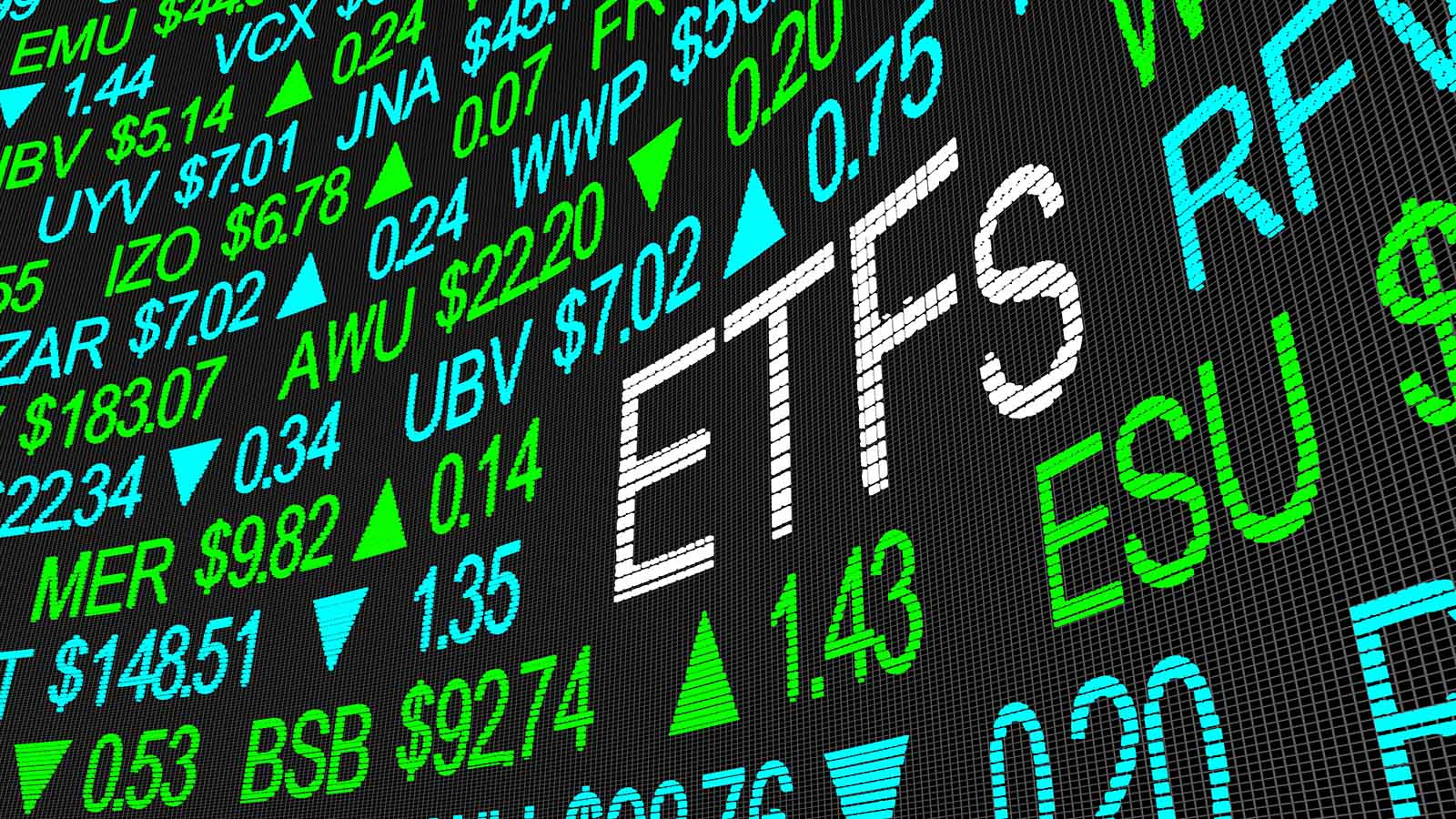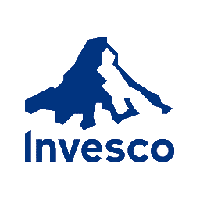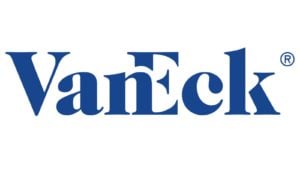
Investing in stocks is imperative in building long-term wealth, prompting many to explore the top exchange-traded funds (ETFs) to buy. Yet, for those managing a portfolio of multiple stocks, the research can be overwhelming. From tracking individual companies to staying updated with macroeconomic shifts, the task can become incredibly taxing. This challenge leads many toward the allure of the best ETFs to buy.
For those unfamiliar, ETFs track the performance of a collection of stocks, bonds, commodities or other assets. They trade on stock exchanges like individual stocks and offer several benefits, including high liquidity, diversification and typically lower costs than actively managed investment vehicles.
Additionally, many ETFs include the perk of quarterly dividends. As the stock market rally seems poised to continue, focusing on securities with a potential for growth is prudent. And for investors seeking consistent performance with less legwork, a few standout ETFs might be worth considering.
Vanguard Growth ETF (VUG)
The Vanguard Growth ETF (NYSEARCA:VUG) has steadily carved out a commendable track record in recent years. With an impressive 24% surge year-to-date and a noteworthy 89.7% leap over the past half-decade, it’s hard not to notice. Additionally, VUG isn’t just about numbers; it’s designed to reflect the performance of the CRSP United States Large Cap Growth Index, housing a medley of established household names and offering a cushion against abrupt selloffs.
These companies, with their multifaceted business segments, often lead to substantial gains and an expansive market share. Their robust nature, having weathered diverse economic cycles, adds another layer of assurance. Furthermore, VUG’s modest 0.04% expense ratio, combined with its dividend offerings, enhances its appeal.
Moreover, a quick peek reveals giants like Apple (NASDAQ:AAPL), Microsoft (NASDAQ:MSFT) and Amazon (NASDAQ:AMZN) clinching top spots, constituting 12.78%, 11.79% and 5.93% of the fund’s assets respectively. Tech stocks wield a powerful influence, making up a whopping half of VUG’s total assets.
Invesco QQQ Trust Series 1 (QQQ)
For those looking to tap into the pulse of the tech sphere, the Invesco QQQ Trust Series 1 (NASDAQ:QQQ) is often at the forefront. Additionally, with a lean 0.20% expense ratio, QQQ ensures a relatively cheap cost of entry for investors. Moreover, the fund’s accessibility is underscored by zero initial investment requirements and fractional share options.
QQQ manages over 101 holdings, collectively amassing over $200 billion in assets. Leading the pack are tech giants like Apple, Microsoft and Amazon, which represent 10.82%, 9.48% and 5.30% of the fund’s total assets, respectively. Notably, tech stocks constitute over half of QQQ’s assets, followed by the consumer discretionary sector, which accounts for nearly 20%.
Consequently, with a substantial 31% growth year-to-date and a commendable 114% increase over the past five years, QQQ offers a solid entry point for those keen on tech stocks and well-established names, especially within the FAANG group.
VanEck Semiconductor ETF (SMH)
For investors keen on the backbone of modern electronics and artificial intelligence (AI), the significance of semiconductors is undeniable. The VanEck Semiconductor ETF (NASDAQ:SMH) is a reliable fund that mirrors the MVIS U.S. Listed Semiconductor 25 Index. With more than $10 billion in net assets and a 0.35% expense ratio, SMH represents a focused approach to this essential sector. As the demand for computers, smartphones and AI tools grows, so does the importance of the chips they rely on, positioning the companies within SMH for potential growth.
Moreover, industry juggernauts like Nvidia (NASDAQ:NVDA), Taiwan Semiconductor Manufacturing Company (NYSE:TSM) and Broadcom (NASDAQ:AVGO) stand out as its top three holdings. Together, these firms account for over 29% of the fund’s total assets, reflecting their dominant roles in the semiconductor landscape.
SMH also reported a commendable 37% growth year-to-date and a staggering 239% return over the last five years. Notably, most of its investments are in U.S.-based companies, and the fund offers a 0.77% distribution yield.
On the date of publication, Muslim Farooque did not have (either directly or indirectly) any positions in the securities mentioned in this article. The opinions expressed in this article are those of the writer, subject to the InvestorPlace.com Publishing Guidelines.









